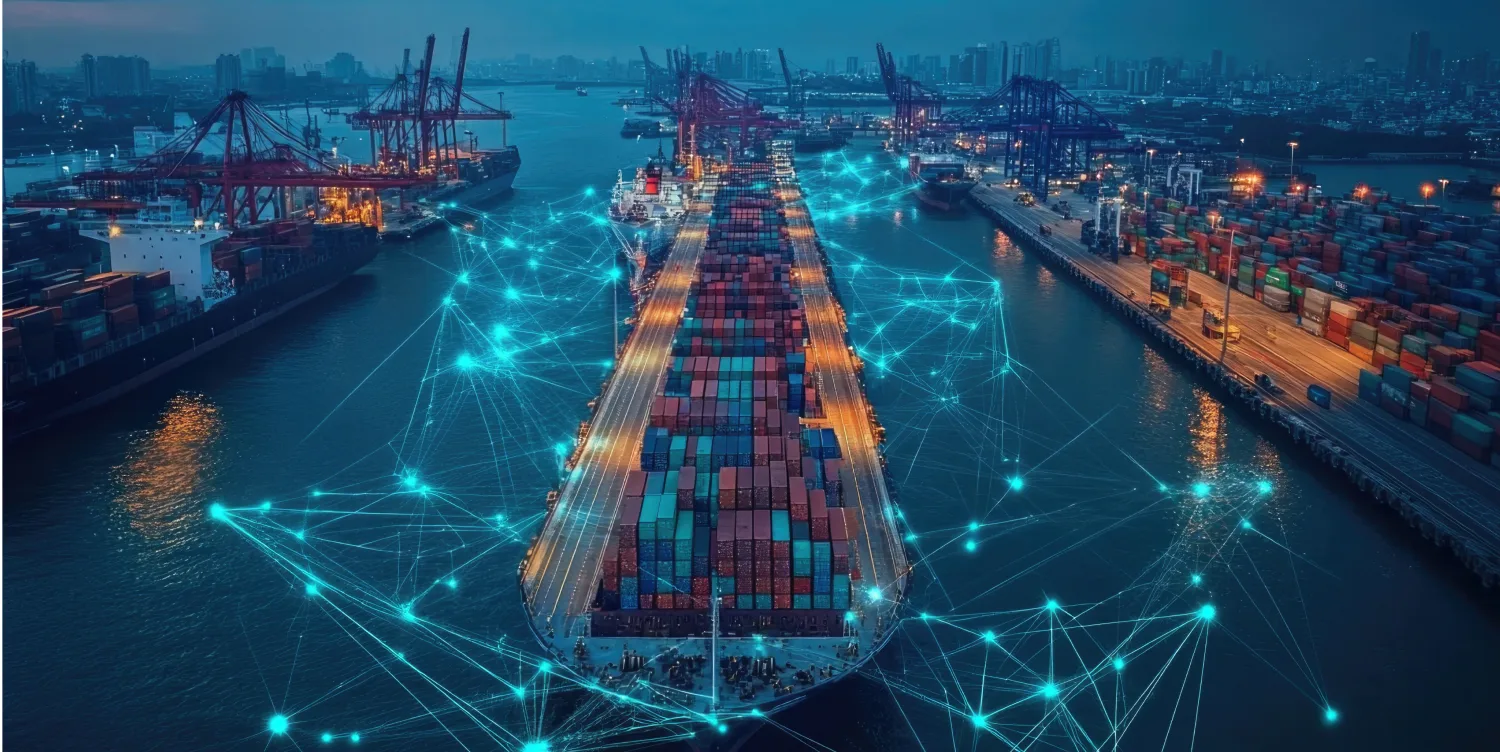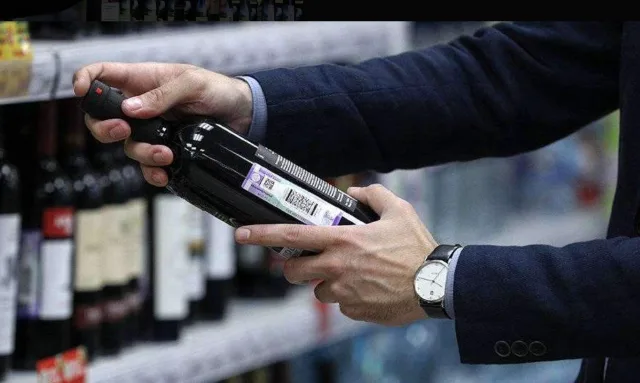Track and Trace for Governments
What’s Driving the Demand for Track and Trace Solutions?

As global supply chains continue to expand and evolve, governments around the world are increasingly prioritizing transparency, security, and efficiency within logistics and trade.
The demand for Track and Trace solutions has been fueled by a growing need to ensure regulatory compliance, prevent fraud, and enhance public safety. These technologies are so much more than just a business tool; they are a critical component in government efforts to maintain oversight and control over industries ranging from pharmaceuticals to food safety.
In this blog post, we’ll examine the key factors that drive the adoption of track and trace solutions and the changes they bring.

Regulations
Some governments implement laws regulating traceability in certain product categories. Manufacturers must comply by implementing Track and Trace systems to meet these requirements if they want to maintain access to target markets. Such systems help prevent the production, import, and circulation of illegal goods within the country, which safeguards domestic markets and buyers from counterfeit products.
For instance, many countries are enacting legislation regarding drug traceability, such as EU regulations for falsified medicines. Published in 2011 and applicable since 2012, the Directive states that medicine packaging must include mandatory safety features like a unique identifier and anti-tampering device, along with an EU-wide logo to identify legal online pharmacies.
Fighting Illicit Trade and Smuggling
Illicit trade harms everyone involved in the market — it reduces the income of legitimate producers, deprives the state of revenue, and endangers the lives and health of consumers who purchase low-quality goods.
According to The World Economic Forum, illicit trade results in economic losses equivalent to 3% of global GDP, totalling $2.2 trillion. Therefore, both governments and manufacturers are actively combating it, with traceability proving to be a highly effective method.
Addressing smuggling between countries requires interstate cooperation and efforts. So, in addition to regulations at the national level, as pointed out in the previous section, international regulations are also being introduced.
For example, the WHO’s FCTC protocol, signed by 168 countries and legally binding in 182 ratifying countries, aims to control the illicit tobacco trade on an intergovernmental level. It mandates tobacco product controls and the implementation of track and trace systems.

Transparency and Efficiency in Excise Tax Collection
Track and Trace systems accurately track the movement of goods from production to sale and reduce tax evasion. As a result, governments collect more excise taxes efficiently and transparently, benefiting from increased revenue.
For instance, in Kyrgyzstan, the State Tax Service reported collecting 2.73 billion som (~$210 thousand USD) in excise taxes from alcoholic beverages in 2024, marking an increase of 292.3 million som (~$22.5 thousand USD) compared to the same period in 2023.

A Huge Variety of Benefits for All Stakeholders
Track and Trace solutions help businesses connect with consumers and allow for personalized marketing, tailored recommendations, and easy feedback.
This leads to happier consumers and their improved, meaningful, and trusted relationships with brands.
For governments, it means increased consumer awareness and trust in product authenticity.
Track and Trace systems are transforming industries by ensuring products are closely monitored throughout the supply chain, from production to retail. This increased visibility helps companies stay compliant with regulations, while also enhancing the efficiency of tax collection and product handling.
Governments benefit from a more streamlined approach to monitoring goods and enforcing laws, ultimately leading to greater market transparency. At the same time, businesses see improvements in product quality and consumer safety. By tracking goods more effectively, companies can identify potential issues before they reach the market, thus protecting consumers.

Positive Impacts of Digital Track and Trace
- Increased regulatory compliance and excise tax collection.
- Reduced illegal trade and counterfeit prevention.
- Better product quality control and consumer safety.
- Efficient supply chain management.
- Access to government market information.
- Enhanced transparency and trust.
- Brand protection and buyer relationships.


.webp)
.webp)